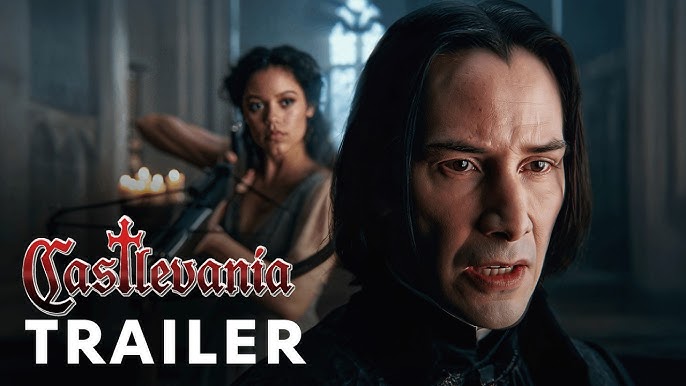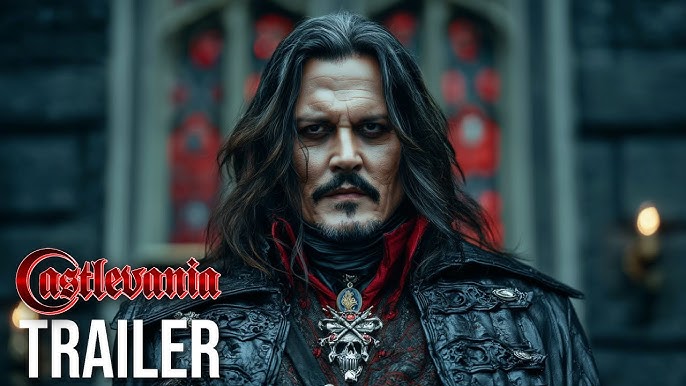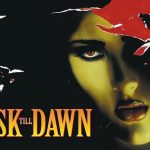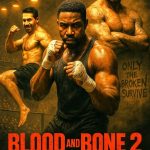🦇 Bloodline of Shadows: A Review of Castlevania (2026)

There are films that entertain — and then there are films that consume. Castlevania (2026) is not content to merely resurrect a legend; it bleeds life into darkness itself, crafting a gothic epic where the line between salvation and damnation is carved into the soul.

From the first drop of crimson rain against the moonlit castle, the film announces itself as something rare — tragic, poetic, and unafraid of silence. This isn’t horror in the traditional sense; it’s elegy. Every scream, every whisper echoes with the weight of history, of sins too old to name.
Robert Pattinson commands the screen as a hero born from shadow — his performance quiet yet volcanic, steeped in anguish. His eyes tell stories older than blood, and in every battle you feel the exhaustion of a man cursed to fight what he cannot destroy. Pattinson doesn’t play a warrior; he plays a memory of one.

Opposite him, Johnny Depp’s Dr. Lucien Ward is a scholar suffocating in guilt. His calm voice drips with regret, each word a confession. Once a man of reason, now haunted by what reason unleashed, he moves through the film like a ghost trying to atone for breathing.
And then there’s Lady Gaga — incandescent, feral, divine. As the witch torn between salvation and ruin, she becomes the film’s heartbeat and its prophecy. Her every gesture teeters between worship and damnation. She isn’t just in the story — she is the story, the embodiment of its question: can love redeem what blood has cursed?
Visually, Castlevania (2026) is breathtaking. The director’s eye transforms pain into beauty — moonlight dripping through cathedral glass, swords glinting like prayers, and the eternal waltz of fire and ash. The aesthetic is both operatic and intimate, grand yet deeply personal. Each frame could hang in a museum of nightmares.
The score is a masterpiece of gothic orchestration — choirs sighing like spirits, violins trembling with prophecy. The music doesn’t just accompany the film; it possesses it. When silence falls, it’s almost unbearable, as though the world itself is holding its breath.

But beneath the grandeur lies a question more terrifying than any monster: what if evil is not something we fight, but something we inherit? The film’s moral weight crushes easy answers. Here, faith is fragile, and redemption costs more than blood. The characters aren’t heroes or villains — they’re heirs to a curse they never asked for.
The dialogue is poetry dipped in despair. Lines like “Every sin has a shadow, and mine learned to walk” linger long after the credits roll. Even the quiet moments — a hand brushing across a tomb, a candle extinguished by tears — carry the gravity of eternity.
As the final act unfolds, and dawn finally touches the highest tower, Pattinson’s trembling voice delivers the film’s haunting question: “If the night ends, who will I become?” It’s not a farewell — it’s an invocation. The darkness isn’t gone; it’s waiting.
4.6/5 — “A gothic elegy of blood, faith, and fate.”
Castlevania (2026) is more than a film — it’s a requiem for the damned, a prayer for those who loved the dark too much to leave it. In its world, monsters don’t hide under beds — they stare back from mirrors, asking whether the light was ever ours to begin with.











